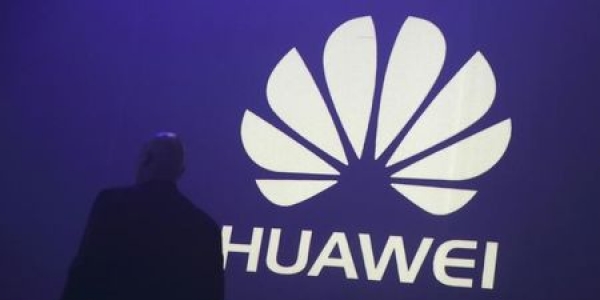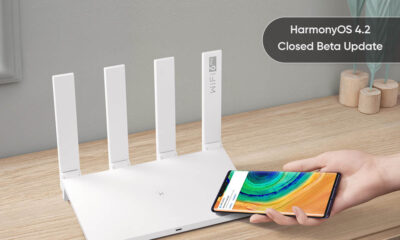News
Huawei is planning to launch its own augmented reality (AR) glasses

Huawei has become a serious player in consumer electronics, recently overtaking Apple as the world’s second-largest smartphone maker. It has been growing in other areas such as laptops and smartwatches, and it recently announced a smart speaker called the AI Cube.
Now, Huawei is working on augmented reality (AR) smart glasses which could debut in the next one or two years, potentially pitting it in a race against Apple, which is reportedly working on a similar product of its own.
Huawei is working on its own voice assistant that works outside of China
AR is a technology that sees virtual three-dimensional images overlaid onto the real world. It’s a similar principle as smartphone game apps that let users see digital objects through the screens on their phones that appear to be within the scene captured on their screen.
The company already has augmented reality apps on its latest Mate 20 Pro smartphone.
But Richard Yu, CEO of Huawei’s consumer business, told CNBC that AR glasses are in the works which could take the experience to the next level. These would be wearable spectacles that allow people to experience AR.
“With this AR, you can have AR glasses working with phone, maybe you can watch more of a large area,” Yu said.
“In the beginning, you may feel AR … is nothing. But in the future you will see more and more the value of that,” he added.
Yu said the company will bring more augmented reality experiences to the smartphone first, so users become accustomed to it before the company releases the glasses.
“The next one to two years I think the industry will commercialize, even for Huawei. We will bring a better user experience product,” Yu said.
Wearable smart glasses are a technology that has not really taken off among consumers. Google Glass, one of the first versions of this product, didn’t catch on. Microsoft has a product called HoloLens that uses augmented reality, but it’s marketed to business users.
But it appears there’s a renewed interest in the concept among major consumer electronics companies. Market research firm IDC expects just over 200,000 AR headsets to be shipped this year, rising to over 21.59 million in 2022.
“AR headset growth may seem muted, but it’s still very early days in this market,” Tom Mainelli, vice president of devices and AR/VR at IDC, said in a report published in September.







